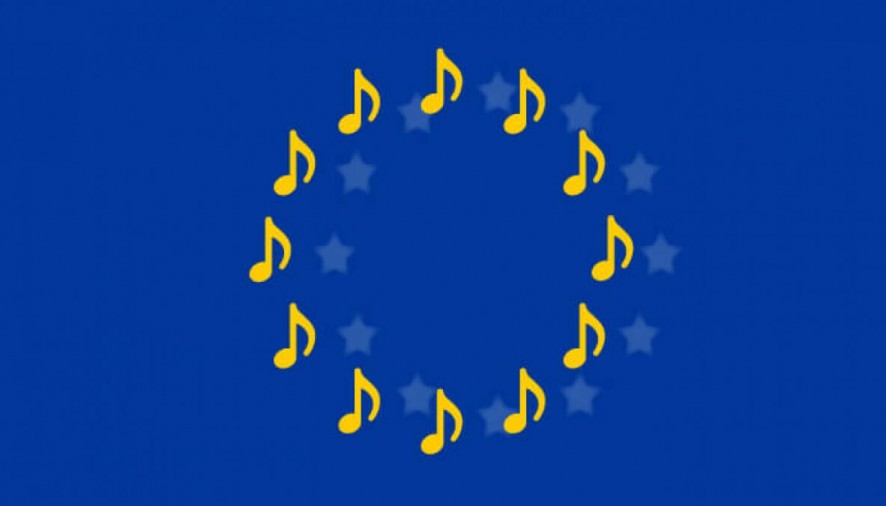To quote George Orwell in one of his infinitely brilliant essays, “most revolutionaries are potential Tories, because they imagine that everything can be put right by altering the shape of society”. Orwell is rarely wrong. Theresa May’s decision to trigger Article 50 and thus accelerate the process of leaving the EU has dominated headline news since the infamous Conservative Party Conference last week. The Conservatives consider social reform to be more of a practical concern than a moral one, and such an outmoded ideology has resulted in the creation of a society which has become more divisive than united. But has the spirit of the Brexit vote dominated the British music industry as heavily as it has mainstream society?
On the morning of the 24th of June, disaster seemed imminent, and solidarity appeared to be slipping steadily through the fingers of British society. The word “sovereignty” was inherent to the Leave campaign, and had been thrown about intensely for its duration. But what about “solidarity”, or “morality”? Upon attending a concert in July, whilst the uproar of Brexit was fresh and heightened, myself and forty-thousand other Left-wing, Labour-endorsing individuals connected through the channels of music. Massive Attack, a Bristolian trip-hop group formed in the late ’80s, emerged from a period of political uncertainty: a society which had become almost as divisive as our contemporary. Their mantra of solidarity, love, and acceptance has remained entrenched within their ideology since the moment Protection was released in 1995. It shook social norms, screaming out a message which continues to resonate today. It became apparent to me that this message united two separate generations of people: the generation which had first encountered the magic of Robert Del Naja and Grant Marshall twenty-five years ago, and the generation of people like myself, who have gathered to experience that same magic.
In essence, the idea that the Brexit vote was conducted exclusively by older generations became less and less distant as the concert continued. Standing around such a loving community of creatives, artists, and liberals made me realise that Brexit has little to do with age, and everything to do with morality. Dedicated followers of the British music industry hold these morals close to their hearts, and the sacred music close to their ears. As long as the spirit of solidarity exists within the timeless records scattered across our living rooms and enclosed within our shelves, the impending ramifications of the vote to leave the EU will be shrouded by this.
Despite the disaster British politics has become within recent months, Theresa May, the Conservative Party, and their decision to accept and accelerate the vote for Brexit holds little meaning for who we identify as, and what defines us. In such a period of intense uncertainty, the rays of hope which shrine through within the music industry suggest that that inch of solidarity left is insoluble, and will never really die.
Eleanor Noyce
(Image courtesy of Pitchfork)

